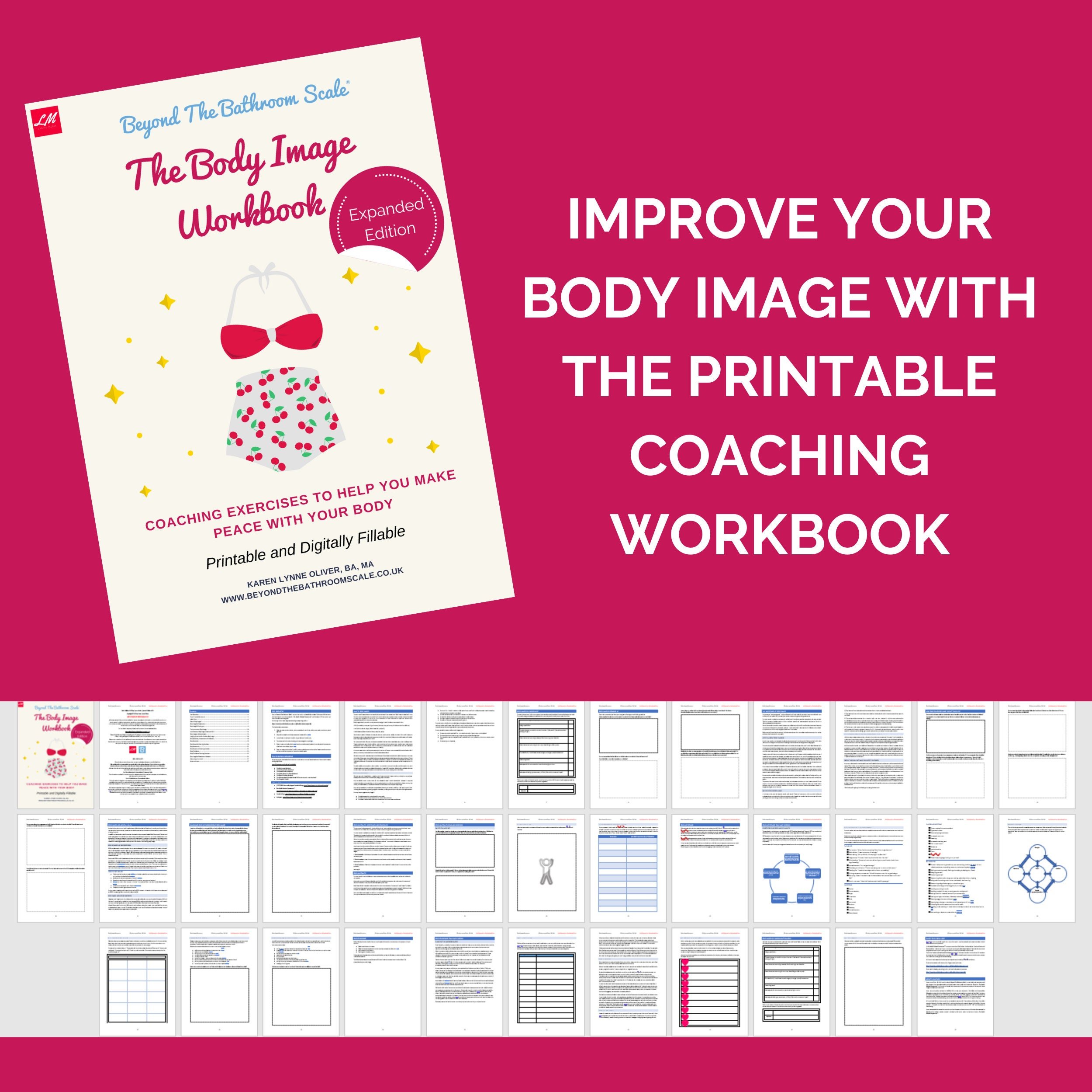Debunking Common Body Image Myths: What You Need to Know for a Healthier Perspective
Body image is something we all have, but how we view and experience it can vary drastically. Unfortunately, many misconceptions around body image have seeped into our collective consciousness, leading to harmful beliefs and practices. Let’s break down some of the most common myths about body image and explore what a healthier, more supportive relationship with our bodies could look like.
Myth 1: Body Image Is Only About How You Look
One of the biggest misconceptions is that body image is solely about appearance. In reality, body image encompasses much more—it includes how you feel about your body, how you think others perceive it, and how these feelings affect your behaviour. It's an emotional, mental, and physical experience, and it's possible to have a positive body image without adhering to societal beauty standards.
Myth 2: You Have to Love Your Body All the Time
The notion that body positivity means loving every part of yourself 24/7 sets an unrealistic expectation. It's normal to have days when you don’t feel your best, and that doesn’t mean you’re failing at body positivity. Instead of striving for constant body love, aim for body neutrality—appreciating your body for what it can do rather than how it looks. This shift allows you to focus on self-care and well-being without the pressure of perfection.
Myth 3: Losing Weight Automatically Improves Body Image
Many people believe that weight loss will lead to a positive body image, but this often isn’t the case. Body image issues are rooted in how we feel about ourselves, not our size. While changes in appearance might bring temporary satisfaction, they don’t address the underlying emotional and psychological factors at play. True body acceptance comes from within, and it’s possible to work on improving body image at any size.
Myth 4: Only Women Struggle with Body Image
While body image issues are often associated with women, men, non-binary individuals, and people of all gender identities can also experience them. Societal pressures, media portrayals, and cultural expectations impact everyone. Recognizing that body image struggles are universal is key to creating a more inclusive and supportive dialogue around the issue.
Myth 5: Positive Body Image Comes Naturally to Some People
While some may seem naturally confident and at ease in their bodies, positive body image isn’t an inherent trait—it’s something that can be nurtured over time. It involves actively working on challenging negative self-talk, practising self-compassion, and engaging in behaviours that foster body respect. Positive body image is a journey, not a destination.
Myth 6: Compliments About Weight Loss Always Boost Confidence
While many think that commenting on someone’s weight loss is a form of praise, these compliments can reinforce harmful beliefs that one’s worth is tied to appearance. They also risk reinforcing disordered eating patterns or body dissatisfaction. Instead of focusing on appearance, try complimenting someone on their personality, skills, or achievements—things that truly matter.
Myth 7: Having a Positive Body Image Means You Never Struggle
Even those with a generally positive body image can have moments of insecurity or doubt. This doesn’t mean they’ve failed; it means they’re human. Body image fluctuates due to external pressures, life events, and personal challenges. The goal is to develop tools to navigate these moments with kindness and resilience, not to eliminate them altogether.
Myth 8: You Can Tell How Healthy Someone Is by Their Size
One of the most pervasive myths is that body size is an accurate indicator of health. However, health is influenced by numerous factors—such as genetics, physical activity, mental health, and lifestyle choices—that aren’t visible to the outside world. Body diversity exists, and it’s important to move away from equating thinness with health and well-being.
Building a Positive Body Image Takes Time
Addressing these myths can help pave the way toward a more compassionate and realistic approach to body image. It’s a process that involves learning to value yourself beyond appearance, challenging societal norms, and practising self-compassion.
If you’re ready to deepen your journey toward body acceptance, my Body Image Course can help. In this course, we’ll explore why self-compassion and body acceptance are essential for your health and how to break free from the damaging effects of body shaming. This course is a key step in reclaiming your well-being by focusing on true self-care rather than appearance.
Join our Body Image course to explore body acceptance and positive self-view. This video-based course includes CBT worksheets covering topics like body shaming, self-respect, media detox, and the body positivity movement.



